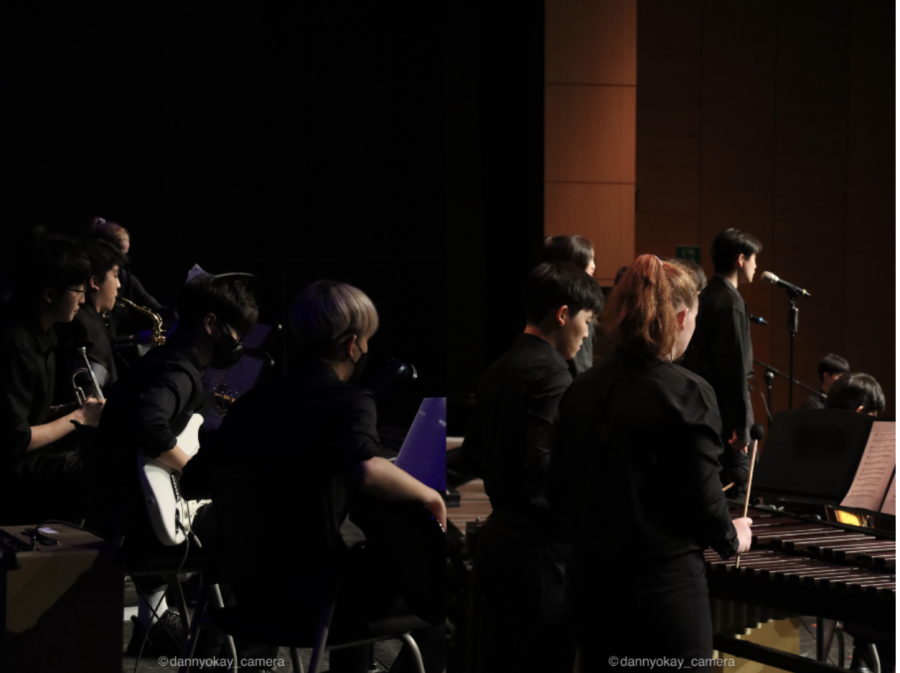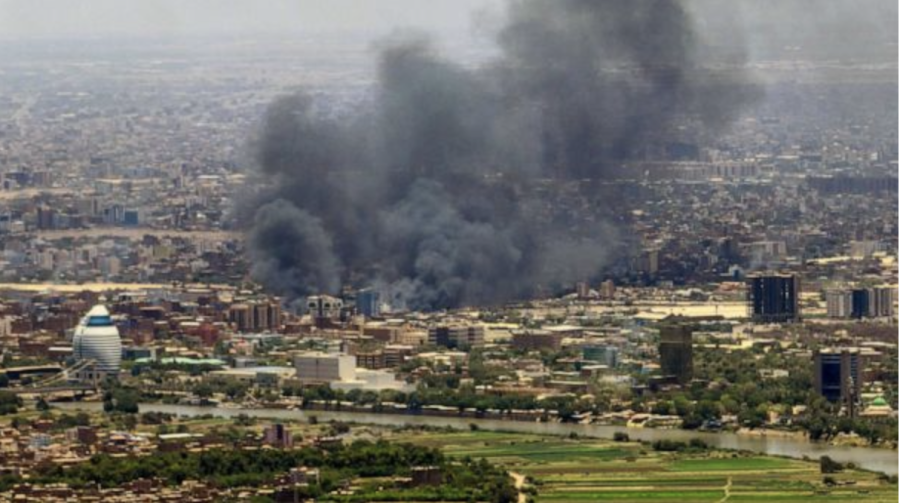The Clash for Control: Unpacking the Disputes between Sudan’s Military and Rapid Support Forces
While the conflict between Sudanese armed forces and the paramilitaries of the Rapid Support Forces (RSF) are continuing to disrupt the country, vigorous clashes between the two have broken out, beginning in the recent April 15th of 2023.
As the Sudanese government has failed to bring stability after its multiple civil wars and ongoing internal conflicts, struggles to control the military and society have led to a separation into two sides: Sudanese armed forces under its de facto ruler Gen Abdel Fattah al-Burhan, and the Rapid Support Forces (RSF) loyal to Gen Mohamed Hamdan Dagalo, known as Hemedti (The Guardian).
Meanwhile, hazardous weather events, social upheaval, political turmoil, and rising food costs were all contributing to poverty, hunger, and displaced people in Sudan, which was already experiencing a humanitarian catastrophe.
On April 15th, 2023, the conflict first startled the nation when clashes broke out between the two rival factions in western Sudan, its capital city Khartoum, and in the Darfur region. An apparent power struggle rapidly transitioned into an official war when the RSF fired on key government sites. Key government sites became the constant target of minor and major clashes, including the general military headquarters, the Presidential Palace, Khartoum International Airport, the SNBC headquarters, and so forth continued.
Fig.1. ABC News, “What Is Happening in Sudan?”, 5 Aug. 2023.
Having passed its third week, the Sudanese Health Ministry has explicitly reported that the death toll has passed 528 with 411 civilians, and more than 4,599 people wounded, and the numbers continue growing (Adel, Abdel-Rahim).
Moreover, an issue with refugees has further burdened the country, with this so-called burgeoning civil war destabilizing the society and its population. By May 4th, nearly 334,000 people had been internally displaced, and another 100,000 completely fled Sudan, crowding refugee camps, neighboring countries, and more. Worsening the situation, there is a lack of food, water, and electricity supply, further creating a necessity for aid (BBC).
In response to the ongoing conflict and its detrimental damages, various measures have been taken including national and international levels of support for Sudan. The United Nations Mission In Sudan (UNMIS) is encouraging measures of negotiation, while local and national NGOs are reporting progress and status, including the stances of both regimes. After the United Nations Secretary-General, António Guterres, addressed the topic in a public setting, the Security Council continued to urge parties to ceasefire, reboot negotiations and immediately put an end to the fighting with an established solution in place. The WHO is supporting the recovery process of the civilians, the WFP is providing food assistance, and developed nations including the United States and Australia are providing the necessary financial aid (UN Press).
Despite such efforts from countless organizations and individuals, Sudan is in dire circumstances, and with the conflict continuing, more and more damage is being reported to this date.















